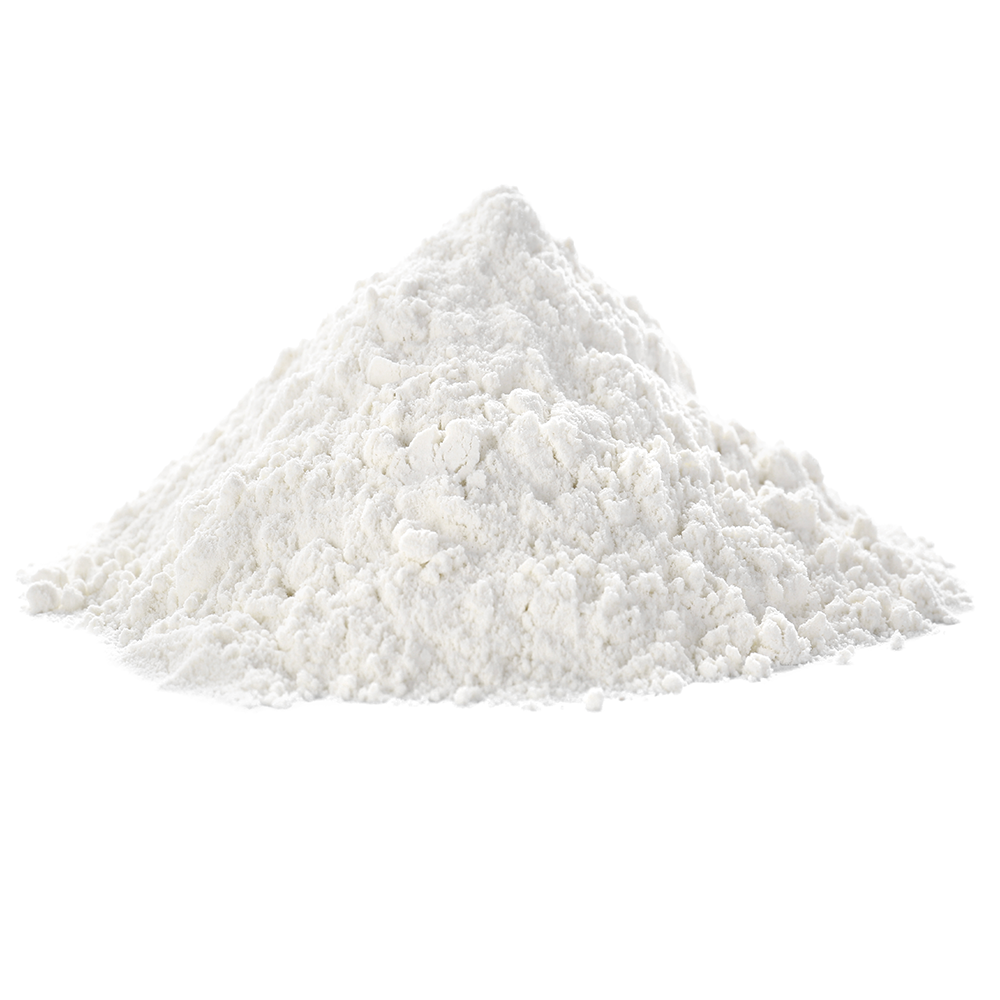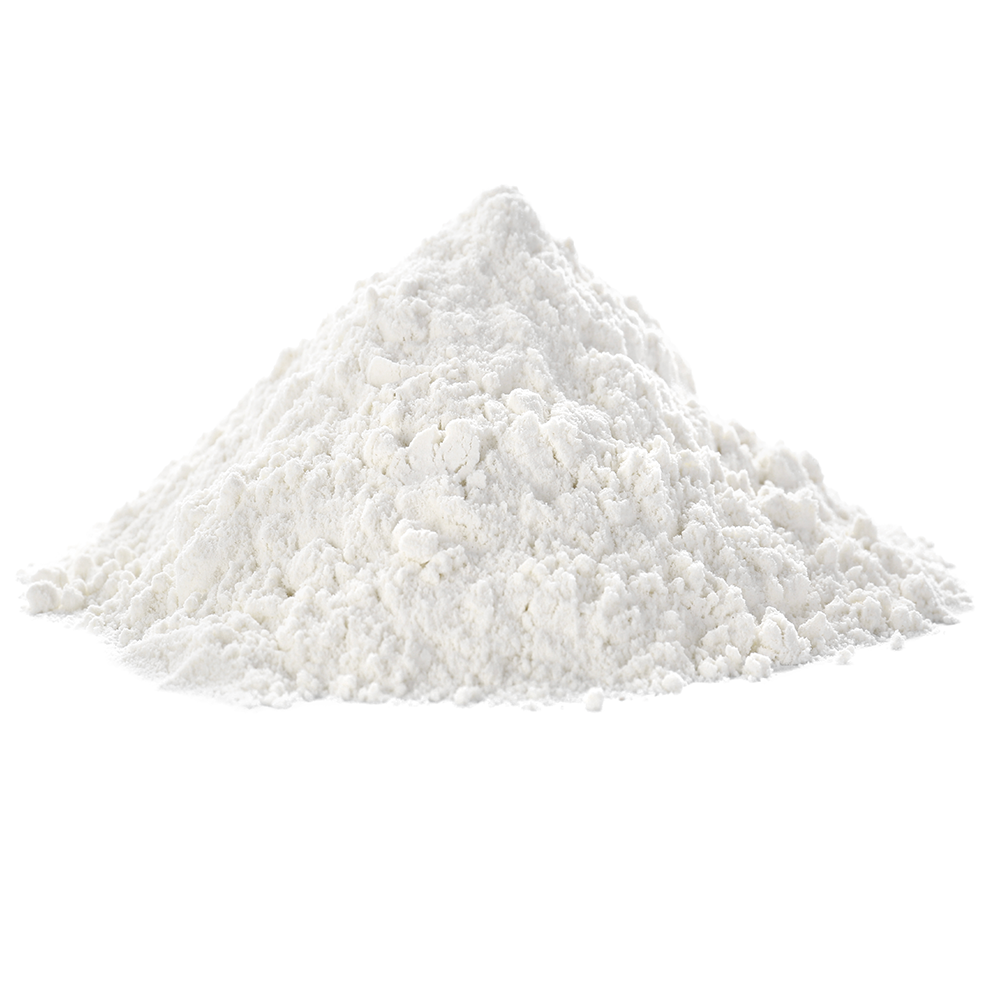In 1990, the way we shopped and looked at food items changed irrevocably. The groundbreaking “Nutrition Labeling Education Act” was passed into federal law, requiring nutrition labels to be printed on all packaged food, including serving size, amount of fat, calories, and other valuable nutritional information1. This was to help educate the public about the food we were consuming, and for many, it was a huge eye-opener.
We now could see in black and white the amount of fat in Blue Cheese dressing or other products we regularly used without thinking of the contents we were adding to a “healthy” salad. Knowing this information was helpful, but going beyond the numbers and into the science behind what constituents “good” fat versus “bad” fat is essential.
Certain types of monounsaturated and polyunsaturated fats are crucial for our health. Essential fatty acids are vital for many functions of our body and will keep dangerous chronic conditions at bay2.
Facts On Fat
There are two main types of fats:
- Saturated
- Unsaturated
The main difference between the two types of fat is the number of double bonds in the chain of fatty acids. Saturated fat is solid at room temperature and has no double bonds, unlike unsaturated fat, which has one or more double bonds2.
One might think that if we just eliminated fat entirely from our diet that we would be svelte and healthy. Unfortunately, it is not that simple. We need some fatty acids to live. Let’s look at some of the fats that are helpful for us and those that are counterproductive to a healthy diet.
Omega-3 and Omega-6 Fatty Acids
You are probably thinking of fish oil, and you are correct! The fatty acids in fish oil are concentrated Omega-3s and Omega-6s, which are excellent types of fat that assist our body in countless ways. But this is just one type of fat that our body benefits significantly from; there are other fats that we have been conditioned to believe are “bad,” but when, in fact, they are life-sustaining3.
Monounsaturated Fat & Polyunsaturated Fats:
Adding some of the following “good” fats to your diet can help improve how you think and feel, boost your energy, and may assist with weight management4. The following foods are known to contain “good” fats:
- Olives- are high in antioxidants as well as monounsaturated fat.
- Olive Oil- can be used as a substitute for other dressings and may be beneficial in lowering your cholesterol5.
- Avocados- can be replaced with mayo for weight loss advantages.
- Eggs- a great source of protein as well as healthy fats.
- Dark Chocolate- is high in healthy fat, contains fiber and iron, and is packed with antioxidants.
- Walnuts- are high in good fats and protein and an excellent source of polyunsaturated fats.
- Tofu- comes in multiple forms such as Tempe, hard and soft tofu; both have significant benefits for our body and can be very tasty when prepared correctly.
- Quinoa- is an excellent source of polyunsaturated fats5.
Try To Avoid Trans Fat And Saturated Fat
Trans fat can be found naturally in small amounts in some meat and dairy products. It is artificial trans fat that we want to avoid, like the plague. The FDA has outlawed trans fats in commercially packaged food, and the World Health Organization (WHO) is calling on governments worldwide to ban the use of artificial trans fat by 2023. The danger of trans fat comes from the inflammation it causes, which has been linked to stroke, heart disease, and other fatal, chronic conditions6.
5 Important Functions Of Fatty Acids
It is important to remember that losing weight does not always equate to healthy nutrition. There are many ways to lose weight: however, maintaining a balanced diet that includes healthy fats is important. Essential Fatty Acids are vital to these processes in our body:
- Formation of healthy cells.
- Production of hormones.
- Regulation of blood pressure
- Regulation of immune and inflammatory responses.
- Regulation of blood clotting.7
As you can see from the list above, fatty acids are required for the proper functioning of all systems in our body. Making healthy food choices provides fuel for your mind and body and will dramatically affect how you feel about yourself and how you see the world around you.
References:
- The Nutrition Facts Label: Its History, Purpose, and Updates, https://foodinsight.org/the-nutrition-facts-label-its-history-purpose-and-updates/.
- What Are Polysaturated Fats? https://www.healthline.com/nutrition/polyunsaturated-fat#what-are-they.
- What To Know About Essential Fatty Acids, https://www.medicalnewstoday.com/articles/essential-fatty-acids.
- Choosing Healthy Fats, https://www.helpguide.org/articles/healthy-eating/choosing-healthy-fats.htm.
- Is Extra-Virgin Olive Oil Extra Healthy? https://www.health.harvard.edu/nutrition/is-extra-virgin-olive-oil-extra-healthy.
- FDA Bans Artificial Trans Fats From Packaged And Restaurant Foods, https://www.menshealth.com/nutrition/a21613814/trans-fat-fda-ban/.
- The Benefits of Essential Fatty Acids, https://www.downtoearth.org/health/nutrition/benefits-essential-fatty-acids.









